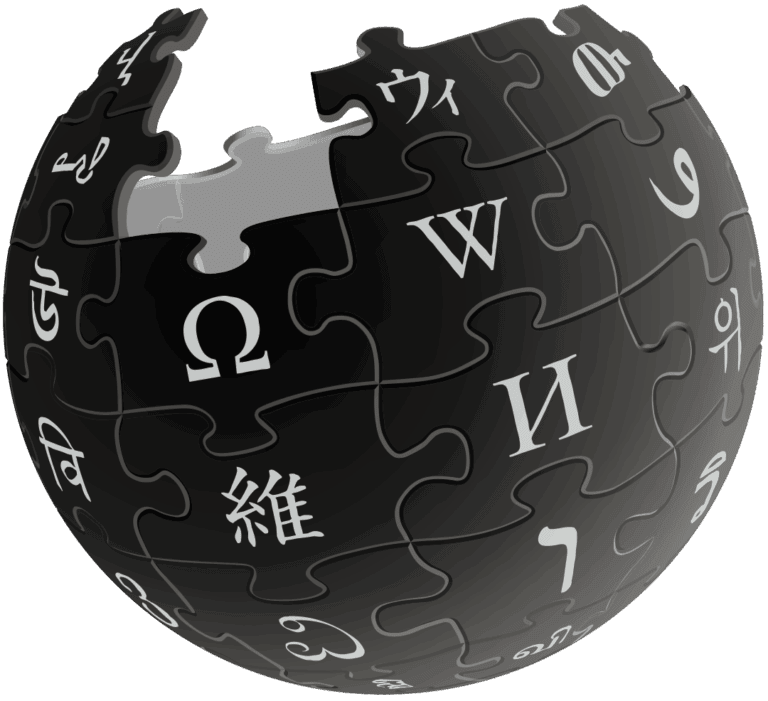The Wikimedia Foundation has suffered a legal setback in the United Kingdom. On August 11, the High Court of Justice dismissed the organization’s appeal against the categorization regulations of the Online Safety Act (OSA).
The regulations determine which online platforms are subject to the strictest obligations under the law. The ruling does not provide direct legal protection for Wikipedia. However, the judge emphasized that Ofcom (the Office of Communications, the UK’s independent communications and media regulator) and the UK government remain responsible for protecting Wikipedia in the implementation of the OSA.
The judge explicitly warned that the ruling is not a carte blanche to take measures that would seriously impede Wikipedia’s functioning. The judge suggested that a flexible interpretation or even a change in the rules in parliament may be necessary.
No unnecessary harm
In his ruling, Judge Johnson stated that Wikipedia could, in theory, continue to operate within the law without unnecessary damage to its work. Nevertheless, the Wikimedia Foundation has expressed serious concerns about the possible consequences of a classification in Category 1. This is the most severe category with the strictest obligations.
The non-profit organization behind Wikipedia fears that such a classification would undermine the privacy and safety of volunteers. It would make the platform vulnerable to abuse.
One of the obligations in Category 1 is the identification requirement for many contributors. According to the Foundation, this poses a direct threat to their anonymity and therefore their safety. The organization argued that mandatory verification would lead to the identification of unwilling contributors. Or to a drastic reduction in the number of British users. This would undermine Wikipedia’s open-edit model.
Wikipedia is managed by a global community of approximately 260,000 volunteers. Together, they draw up and enforce policies to ensure the reliability and neutrality of the content. With over 65 million articles in more than 300 languages, Wikipedia is one of the most trusted sources of knowledge in the world. The encyclopedia also plays a role in preserving cultural heritage.
Volunteer is co-plaintiff
The legal proceedings are unusual because, in addition to the Wikimedia Foundation, an experienced British Wikipedia volunteer is also acting as co-plaintiff. His participation emphasizes what is at stake for individual contributors, such as their rights to privacy, security, freedom of expression, and association. It is also the first case against the OSA’s categorization regulations and the first in which a volunteer Wikipedia editor is involved as a co-plaintiff.
Now that the appeal has been rejected, the responsibility for the final decision on whether Wikipedia actually falls under Category 1 lies with Ofcom. Should Ofcom decide that Wikipedia belongs in this strictest category, that decision itself can be challenged in court. The first categorization decisions are expected this summer, and the Wikimedia Foundation has indicated that it will closely monitor developments and consider further legal action if necessary.
